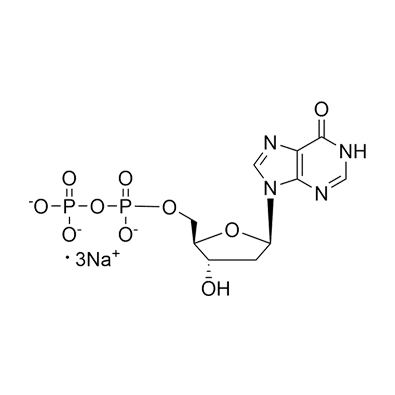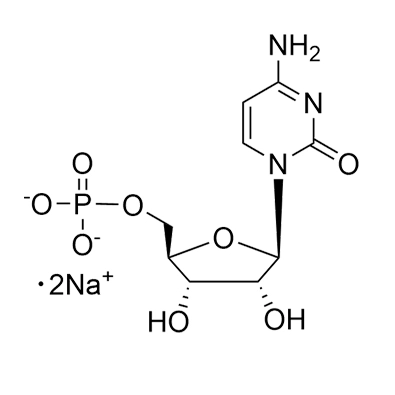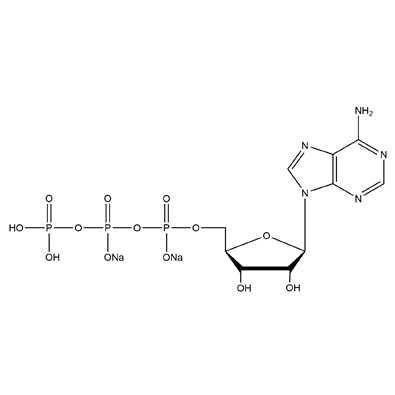As molecular biology and gene therapy continue to evolve, the need for targeted and precision medicine is growing ever more important. Nucleotide modifications with targeted gene therapies can be used to achieve this goal. One of the most promising nucleotide modifications is 2'-F-dU Phosphoramidite, which has several advantages over traditional nucleotide modifications.
Increased Chemical Stability
One of the most significant benefits of 2'-F-dU Phosphoramidite is its increased chemical stability. This means that the modification is less likely to degrade during transportation or storage, and the modified nucleotide is more stable in comparison to traditional nucleotide modifications. This stability can help to preserve the activity and drug efficacy of the gene therapy, making it a more reliable and cost-effective option for personalized medicine.
Reduced Off-Target Effects
Off-target effects are a common problem with traditional nucleotide treatments, causing adverse effects on healthy cells besides the targeted ones. These effects occur because the therapeutic nucleotides can bind to unintended targets due to their chemical structure. However, 2'-F-dU Phosphoramidite reduces these off-target effects, reducing the risk of adverse effects on healthy tissues or cells. This helps to enhance the precision and specificity of gene therapy as genetic material can be delivered to only the targeted cells.
Increased Nuclease Resistance
Nucleases are enzymes responsible for breaking down RNA or DNA, structure that influences these enzymes to recognize and break down sequences quickly. Modified nucleotides are structured to resist nuclease degradation; 2'-F-dU Phosphoramidite is formulated to increase resistance to nuclease degradation. This trait allows the nucleotides to remain in circulation for a more extended period and remain protected against active destruction until arriving at the cellular targeted site.
High Binding Affinity to the RNA Strand
Because the 2'-F is hydrated, it allows the methyl group to slide effortlessly into the RNA helix. Resulting in an increase in base pairing specificity and RNA/ protein interactions which enhance the compound's affinity to bind the DNA strand. Thanks to the affinity's increase with RNA, the target gene therapies gain accuracy, precision, and improved performance.
Reduced Immune Response
Another challenge with traditional nucleotide modifications is that the body's immune system tends to identify these modified nucleotides as foreign material and may trigger an immune response. This response can cause various health effects such as inflammation, fever, and joint pain. In contrast, 2'-F-dU Phosphoramidite is less likely to trigger an immune response. This results in a reduction of adverse effects on the human body and makes it a safer and more reliable option for personalized medicine.
In conclusion, 2'-F-dU Phosphoramidite has several advantages over other nucleotide modifications that make it more suitable for targeted gene therapy. This modification increases chemical stability, reduces off-target effects, facilitates a higher binding affinity to the RNA strand, and reduces the immune system response. These advantages improve the efficacy and precision of gene therapy in medical treatment, making it a promising option for targeted and precision medicine.

 En
En Cn
Cn



